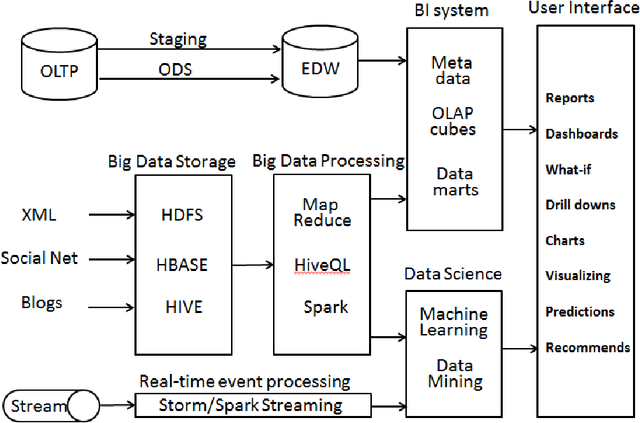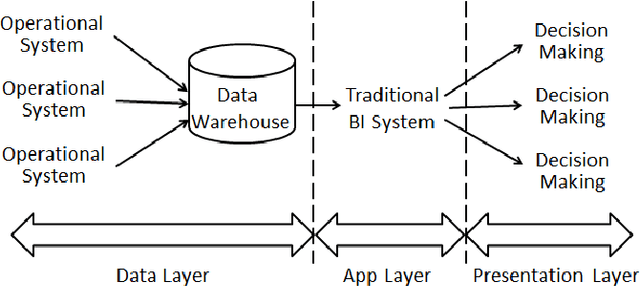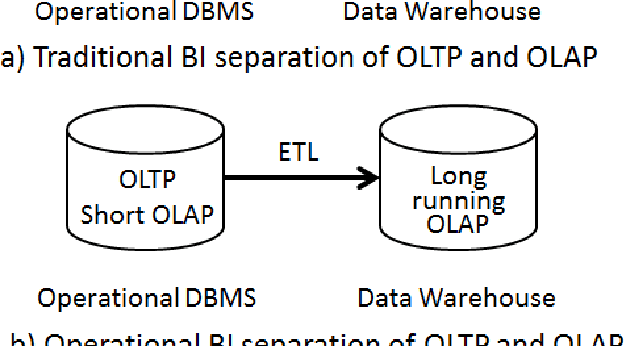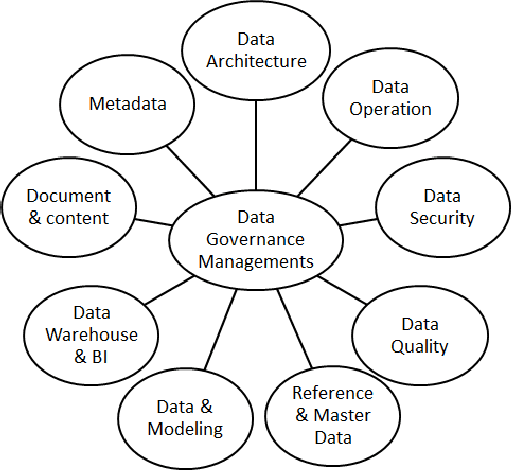Bong Jun Choi
Efficient and Privacy Preserving Group Signature for Federated Learning
Jul 15, 2022



Abstract:Federated Learning (FL) is a Machine Learning (ML) technique that aims to reduce the threats to user data privacy. Training is done using the raw data on the users' device, called clients, and only the training results, called gradients, are sent to the server to be aggregated and generate an updated model. However, we cannot assume that the server can be trusted with private information, such as metadata related to the owner or source of the data. So, hiding the client information from the server helps reduce privacy-related attacks. Therefore, the privacy of the client's identity, along with the privacy of the client's data, is necessary to make such attacks more difficult. This paper proposes an efficient and privacy-preserving protocol for FL based on group signature. A new group signature for federated learning, called GSFL, is designed to not only protect the privacy of the client's data and identity but also significantly reduce the computation and communication costs considering the iterative process of federated learning. We show that GSFL outperforms existing approaches in terms of computation, communication, and signaling costs. Also, we show that the proposed protocol can handle various security attacks in the federated learning environment.
Next Generation Business Intelligence and Analytics: A Survey
Apr 11, 2017



Abstract:Business Intelligence and Analytics (BI&A) is the process of extracting and predicting business-critical insights from data. Traditional BI focused on data collection, extraction, and organization to enable efficient query processing for deriving insights from historical data. With the rise of big data and cloud computing, there are many challenges and opportunities for the BI. Especially with the growing number of data sources, traditional BI\&A are evolving to provide intelligence at different scales and perspectives - operational BI, situational BI, self-service BI. In this survey, we review the evolution of business intelligence systems in full scale from back-end architecture to and front-end applications. We focus on the changes in the back-end architecture that deals with the collection and organization of the data. We also review the changes in the front-end applications, where analytic services and visualization are the core components. Using a uses case from BI in Healthcare, which is one of the most complex enterprises, we show how BI\&A will play an important role beyond the traditional usage. The survey provides a holistic view of Business Intelligence and Analytics for anyone interested in getting a complete picture of the different pieces in the emerging next generation BI\&A solutions.
 Add to Chrome
Add to Chrome Add to Firefox
Add to Firefox Add to Edge
Add to Edge